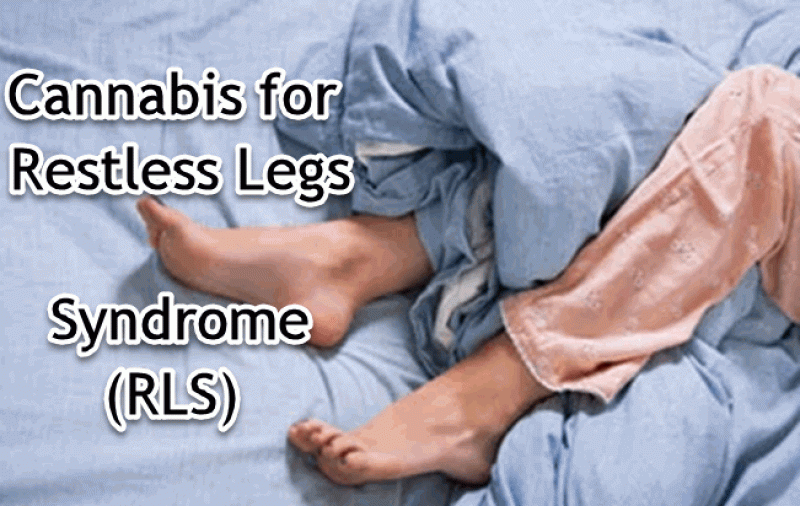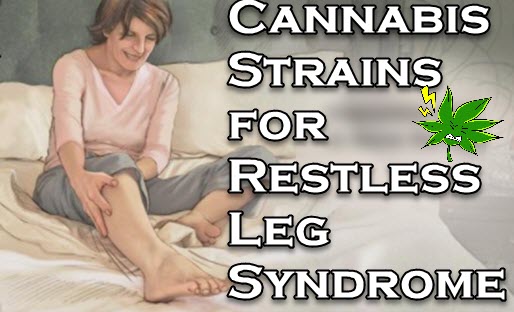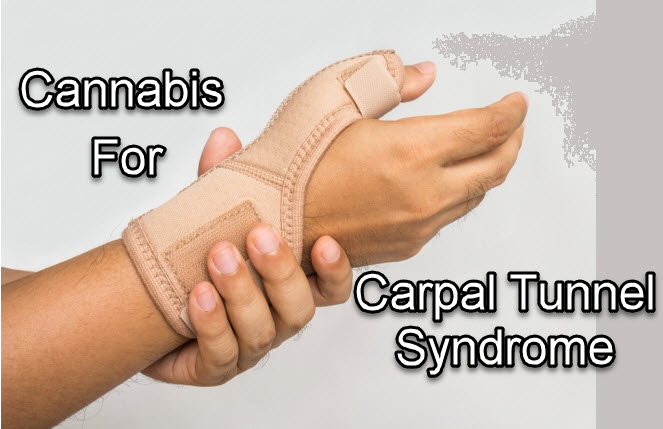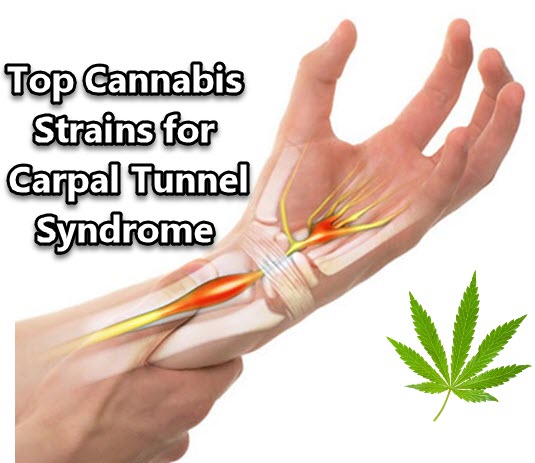Cannabis for Restless Legs Syndrome (RLS)
Restless legs syndrome (RLS) is a condition affecting the nervous system that causes an insatiable urge to move one’s legs. Restless legs syndrome also interferes with sleep; thus it’s also classified as a sleep disorder.
Individuals with restless leg syndrome suffer from an uncomfortable sensation in the legs, usually characterized by pins and needles, itch, and creeping feelings which can sometimes spread to the arms or other parts of the body. The only way they can relieve the sensation is to move their legs. The symptoms tend to get worse at night, especially when one is at rest – either lying or sitting down. Restless leg syndrome can be mild or severe, and in some cases completely intolerable. The sleep disruption caused by this condition can often be so debilitating that the quality of life of patients is completely affected.
Around 10% of the American population suffers from restless leg syndrome. It affects both sexes although is more common in women, and it can start at any age. There are certain factors that can contribute to an increased risk for RLS; these include chronic disease (diabetes, kidney failure, Parkinson’s disease), peripheral neuropathy, iron deficiency; pregnancy, alcohol use, sleep deprivation, and medications.
For some cases, identifying any underlying condition related to RLS and addressing it, such as vitamin or mineral deficiencies, may be all that’s needed to correct the condition. For others who have more extreme cases, physical therapy, self-care treatments, massages, electrical stimulation before bedtime, and relaxation techniques also help. FDA-approved drugs for RLS work by enhancing dopamine activity in the brain, or by adjusting calcium channels on the nerves to change the excitability of nerves that transport RLS sensations or pain. It’s not uncommon to hear of patients who develop resistance to these medications, or suffer from side ef. But studies show that using cannabis can be extremely beneficial in reducing the recurrence of restless legs syndrome.
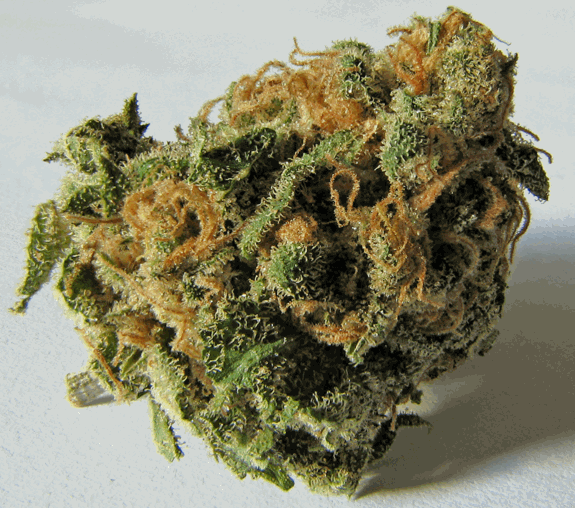
How Cannabis Can Help
Restless legs syndrome is one of the areas that lacks more studies in the field of medical cannabis, but anecdotal evidence online is a dime a dozen. One of the most recent studies sheds some light on this area.
A June 2017 study conducted by scientists in France reveal that cannabis use has been successful in providing relief from six participants who suffered from restless legs syndrome. The patients also had treatment-resistant RLS, which means that they were no longer responding to conventional or traditional medications including dopamine agonists and opioid pain relievers; both of which act on receptors in the brain that produce dopamine which helps to regulate movement and mood. Some of the patients were also taking gabapentin and clonazepam, which are medicines used for the treatment of seizures. Two participants who were medicating with dopamine agonists were prone to binge eating, compulsive shopping, and other unwanted side effects from their medications. After inhaling cannabis, they all reported “total relief of RLS symptoms as well as complete improvement of sleep quality.” The researchers concluded, “Robust clinical trials are required to test the adequate profile of the effectiveness and safety of cannabinoids in RLS.”
If you think that you might have RLS, it’s important to first get a proper diagnosis by a health professional because this condition is different from other kinds of movement disorders. RLS may be exacerbated by consuming too much caffeine and taking stimulants, anxiety and depression medications, vitamin and mineral deficiencies, and poor sleep. Should the diagnosis confirm that it is indeed RLS and not any other kind of movement disorder, you can try to address these issues and also consume high-CBD products that have been shown to be successful for a number of neuropathic conditions such as neuropathic pain and seizures. If you’re suffering from insomnia due to RLS, it would be recommended to take strains that have more THC. For patients that need quick relief from RLS symptoms, inhalation of cannabis is recommended. On the other hand if you need longer lasting relief but don’t mind the slower onset, you can use edibles or tinctures. You may find that microdosing may be suitable for you – it may take some trial and error to discover the perfect administration method and dose for it to start working effectively.
Have you used cannabis to treat restless leg syndrome? Share your experience with us in the comments below.
OTHER STORIES YOU MAY ENJOY...
CANNABIS STRAINS FOR RESTLESS LEG SYNDROME, CLICK HERE.
OR..
CANNABIS FOR CARPAL TUNNEL SYNDROME, CLICK HERE.
